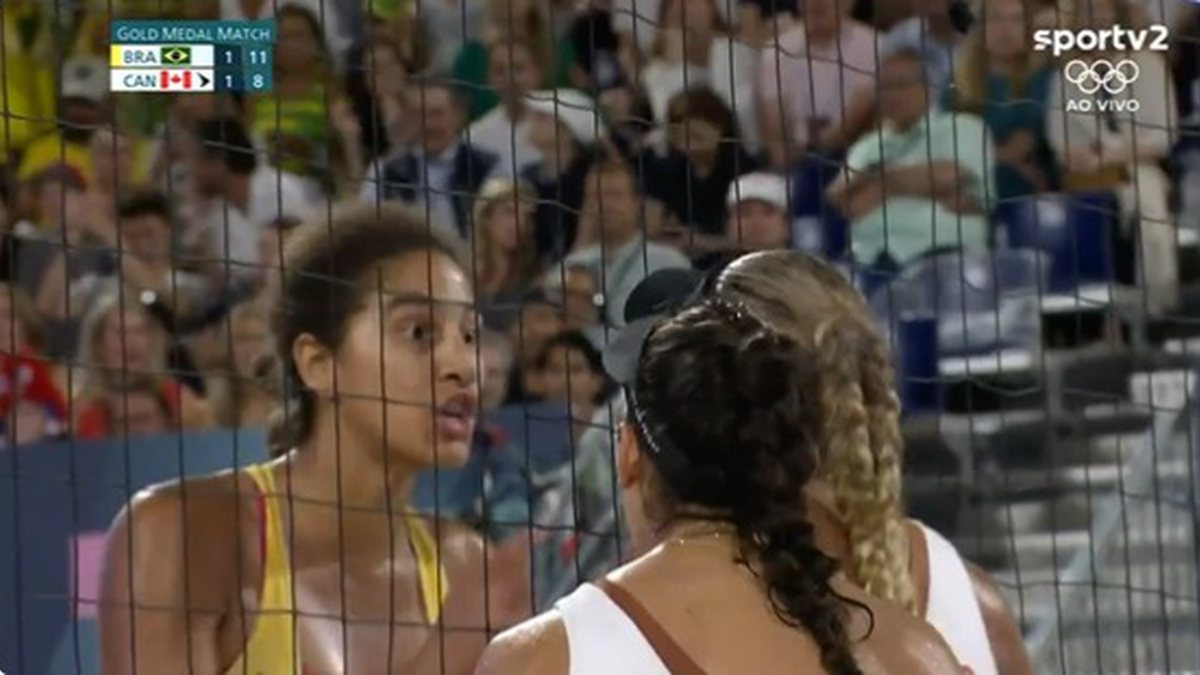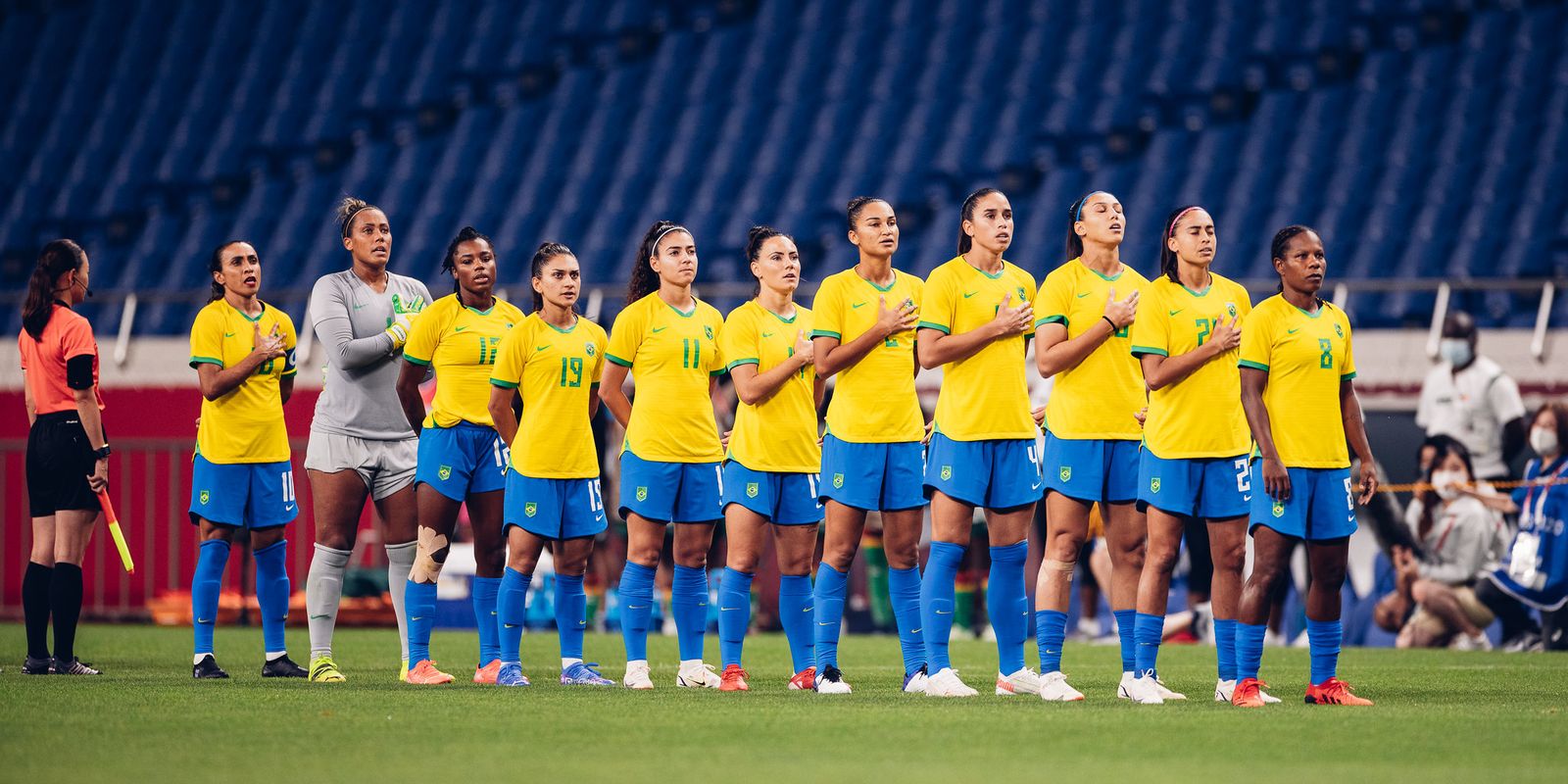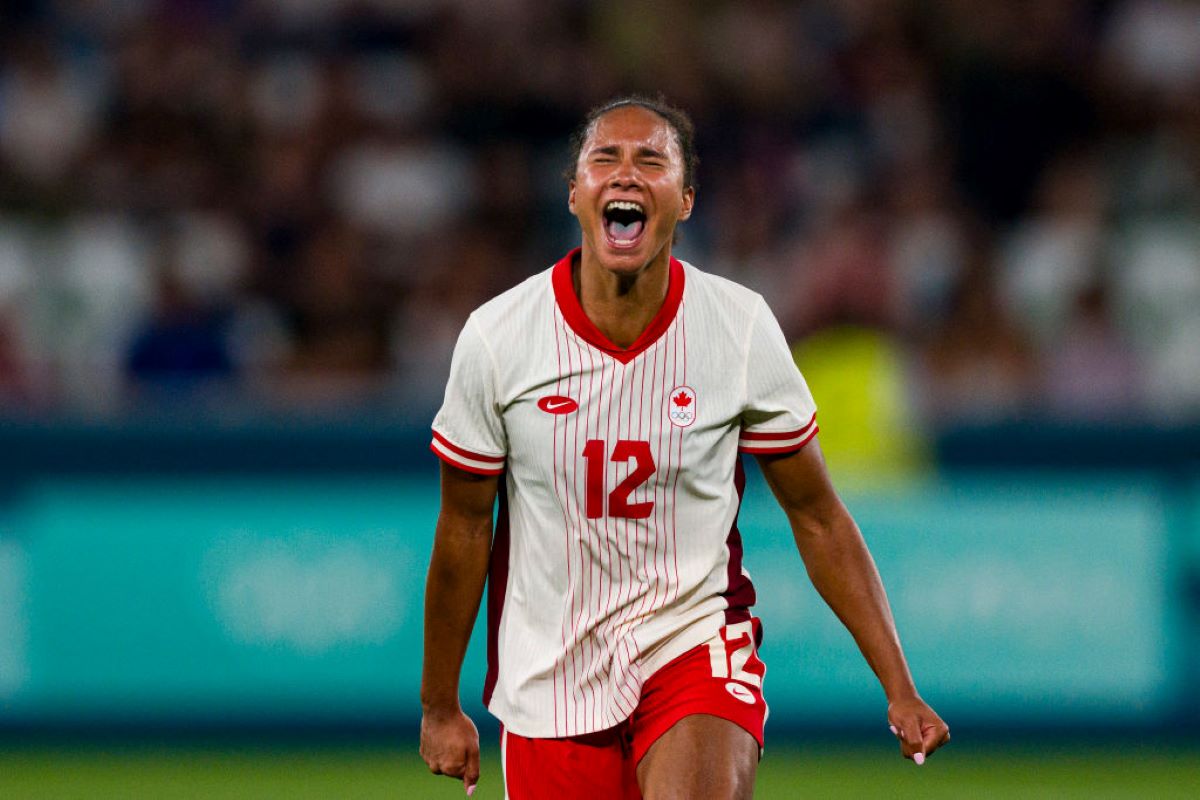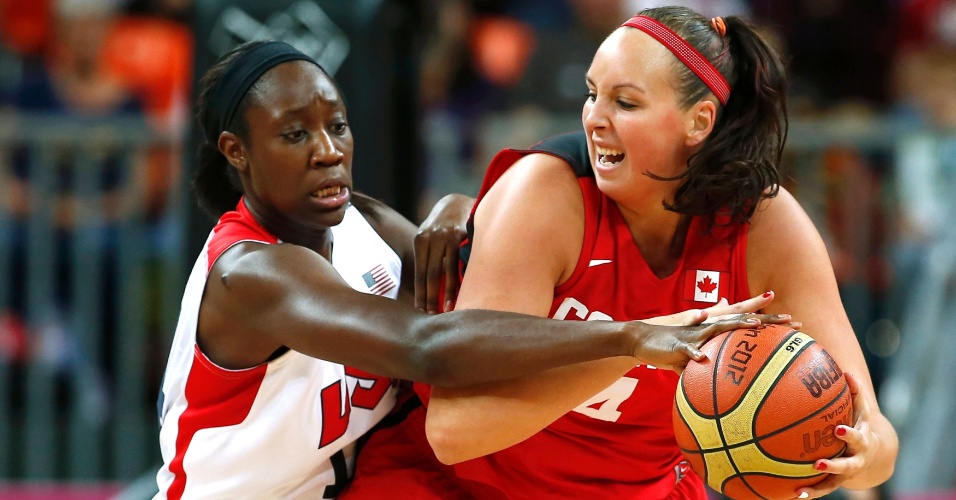Having two homelands has its privileges. One of them is that when the World Cup comes around, you can cheer on two countries without any weight on your conscience. Having two homelands has its privileges. One of them is that when the World Cup comes, you can support two countries without a conscience. That’s my case. I am German by origin and Brazilian by adoption. As far back as I can remember, when I was cheering, I was there with two little flags in my hands, one from Germany and the other from Brazil. There was no mistaking it, especially in these golden times of football played by both teams, when at least one of the two used to go far in the tournament.
1954 – The Miracle of Bern
It all started in 1954. At the time I was still living in East Berlin, but I already knew that sooner or later we would go to Brazil. That’s when my teenage heart started beating twice as fast – now for Germany, now for Brazil.
At that time the matches were broadcast on the radio, but unfortunately the Brazil matches were not broadcast in Germany. I only learned about the results of the Brazilian team from the radio news or the newspapers the next day. To my great sadness, in this Cup, Brazil was eliminated by Hungary in the quarter-finals (2×4) while West Germany qualified after beating Yugoslavia (2×0).
With Brazil gone, I still had to cheer on the German team on the other side of the Iron Curtain. But there was a small problem. As West Germany and Hungary overtook their opponents, for ideological reasons the pressure mounted at the school for us to root for the Hungarian team and against the German capitalist team.
On the eve of the grand final, we were banned from listening to the retransmission of the West Germany-Hungary match on the West Berlin broadcaster. Crying for possible goals and the triumph of the “capitalist” team, no way.
With two friends, I managed to listen to the transmission of the station on the other side. Hidden under a table that we covered with blankets to muffle the sound of the radio, we followed the match. That way, there was no danger of a neighbor reporting us for listening to an enemy radio station.
It was my first World Cup and immediately, at the age of 11, I celebrated “my” first title and participated as a silent supporter in this achievement, even hidden with my friends under a kitchen table.
In time: West Germany, in turn, defeated Hungary by 3×2.
1958 – The Rise of the King
I arrived in Brazil in August 1955, about a year after the “Miracle of Bern” and with a world championship title in my pocket. Little did I know that, a few years later, I would witness the first great triumph of Brazilian football in a World Cup and the emergence of the greatest footballer of all time.
But let’s go in parts.
In those early years in São Paulo, I lived with my family in a house near the Pacaembu stadium. On game day, you could hear the vibrant sound of cheering from the house. Some neighbors were bothered by the noise. I really wanted to participate. I quickly made friends with two neighborhood boys and we agreed to watch a game together. One supported São Paulo. The other was Corinthian. Until then, I didn’t know who to contact.
I tried to find out about other teams in the capital of São Paulo, but it didn’t work. As soon as we received our allowances, we went to Pacaembu to see Palmeiras v Santos for the São Paulo championship. I remember like it was today. The two teams entering the pitch, a crazy rocket, a crowded stadium and the three of us hanging from the bars that separated the pitch from the public. Be very impressed. One team in green and the other all in white. I immediately nailed it: it’s the one in white that is close to my heart.
My luck. Little did I know that a year later Pelé would make his debut for the professional Santos FC team in a friendly match against Corinthians de Santo André and score his first goal for the “peixe”.
It was just the beginning of a golden era for Brazilian football. In the Brazilian national team, Pelé made his debut at the age of 16 in the middle of the Maracanã against Argentina and scored his first goal. Argentina won (2×1), but took the change in the second leg (2×0) with goals from Pelé and Mazzola. Brazilian champion of the Copa Roca.
From then on, it was unthinkable to separate Pelé from the Brazilian team. In the Swedish Cup he started playing against the Soviet Union and never left the team. In the quarter-finals, he scored the winning goal against Wales. In the semi-final against France (5×2) he scored three goals, and in the final against Sweden (also 5×2) he scored two more, apart from the ball. He was the Cup’s top scorer with six goals in four games. He was only 17 years old.
And I followed it all on Rádio Bandeirantes in São Paulo with the masterful narration of Pedro Luís (1st half) and Edson Leite (2nd half). I’ll never forget. What emotion ! As the game drew to a close, I was in my room, jumping up and down and shouting nonstop, “Brazilien Meister!” Brazilian Meister”. I screamed so much that I didn’t even hear the narration of the fifth goal. It wasn’t until later that I learned the final score of 5×2.
Brazil World Champion!
Everything has its first time. But this “it was too good, just” as the man from Minas would say. And, of course, at this point, I already had two world titles in my pocket, one for Germany and the other for Brazil.
As I wrote at the beginning of the column: having two homelands has its privileges.
🇧🇷
Gerd Wenzel started in sports journalism in 1991 at TV Cultura in São Paulo, when the Bundesliga was first broadcast in Brazil. He worked on ESPN channels as a German football pundit from 2002 until 2020, when he started commentating Bundesliga matches for OneFootball in Berlin. Weekly on Thursdays he produces the Podcast “Bundesliga no Ar”. The Halbzeit section is published on Tuesdays.
The text reflects the opinion of the author, not necessarily that of DW.
See as well

“Evil pop culture fanatic. Extreme bacon geek. Food junkie. Thinker. Hipster-friendly travel nerd. Coffee buff.”






:strip_icc()/i.s3.glbimg.com/v1/AUTH_da025474c0c44edd99332dddb09cabe8/internal_photos/bs/2024/x/2/N6XJkFRYWxJY6hAeUEtw/betty2.png)
